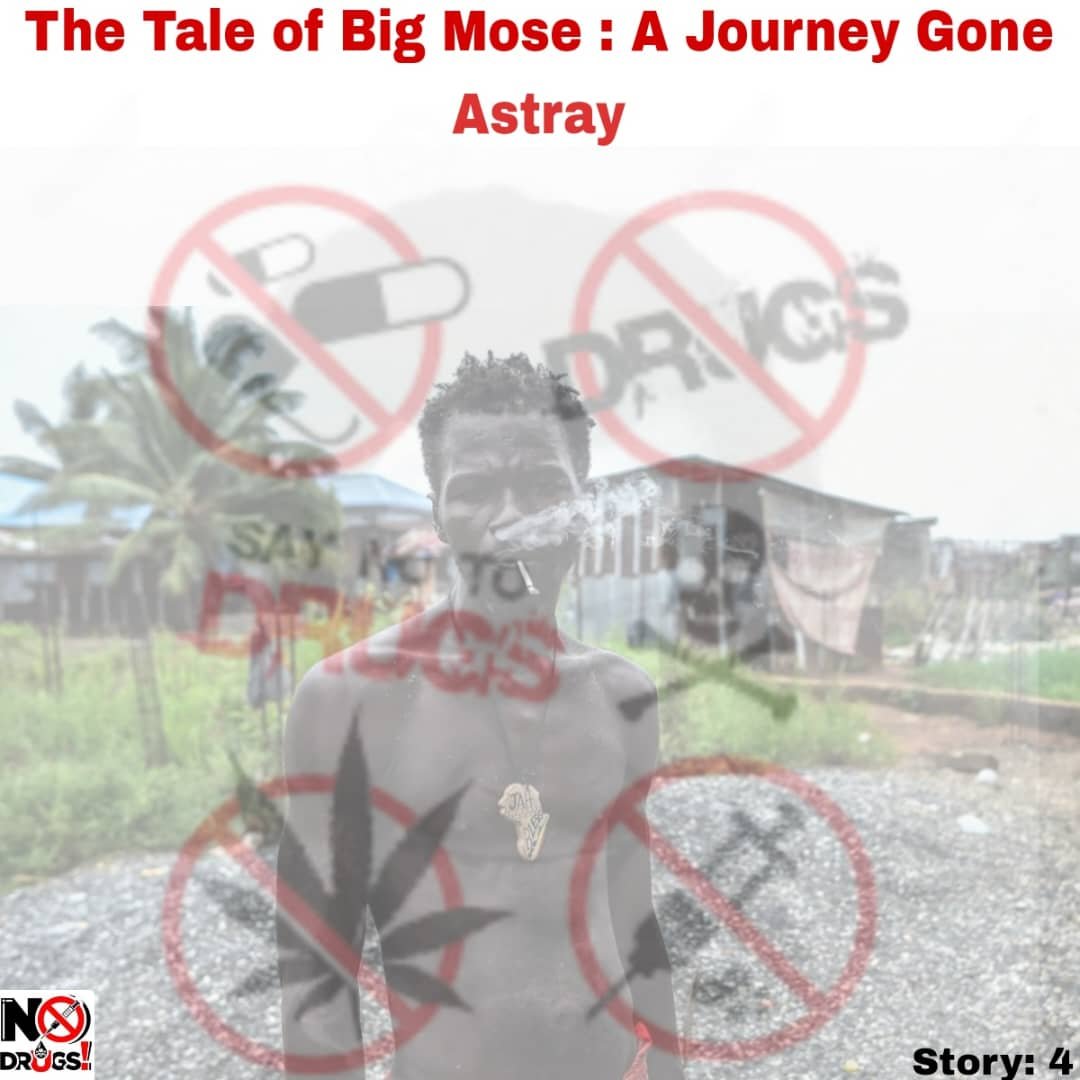The Tale of Big Mose: A Journey Gone Astray
By Sulayman Njie (Sol Slim)
In the lively streets of Banjul there lived a young man named Musa. Growing up in a neighbourhood without playgrounds or safe spaces, Musa's environment shaped him in unexpected ways. Playgrounds like Mccarthy Square, known as "Park Gui Marseh," had become neglected and overgrown, leaving children with few places to play.
Musa, like many kids around him, found himself doing adult things too soon. With no playgrounds, children ran errands, bought cigarettes, and listened to grown-up conversations. Curious, Musa started copying adults by wrapping paper and lighting it, slowly getting into smoking. Soon, he used any money he could find to buy cigarettes, hiding in quiet spots to smoke.
People began to notice changes in Musa: the smell of smoke, darker lips, and a tougher look. Although people confronted him, Musa always denied it.
As the years went by, Musa transformed from a curious teen into an imposing figure called Big Mose. Cigarettes no longer satisfied him, and he turned to marijuana. His behaviour changed, he cared less about his appearance, and the shy boy he once was seemed gone.
The streets were always busy. Big Mose felt more fearless each day, diving deeper into drugs, moving from marijuana to substances like cocaine. Inspired by infamous figures like Pablo Escobar, he formed a gang and became feared in the neighbourhood.
Musa's life spiralled out of control. He became heavily involved in crime and drugs, spending time in jail. During a fight with rival gangs, Musa lost his life at only 23. Just six months earlier, his close friend Paco died from a drug overdose while in a club to Party - "Chill".
Musa's death sparked discussions throughout the community. Many mourned the loss, while others felt a mix of relief and fear, worried that the same factors could lead another young person astray.
A sociology student observed the situation and decided to explore why Musa took this path. The student found that Musa was greatly influenced by his environment. Without safe places to play, he encountered negative influences where drugs and harmful behaviours were common. Instead of guiding him, some community elders unknowingly encouraged bad habits, offering cigarettes and alcohol without realising the long-term effects.
An uncle admitted regretfully that they were poor role models. Musa first tasted alcohol at age 12 from a bottle carelessly left out. Such moments contributed to his struggles with addiction.
The research highlighted an important lesson: children are full of energy and curiosity. It's crucial to guide these traits into positive activities. Providing places for play and learning can help children grow into responsible adults. Without these, there's a risk of more stories like Musa's, leading to preventable tragedies.
Moral Lesson: Community support, guidance, and positive environments are vital in shaping a child's future. By nurturing their energy and curiosity in healthy ways, we can help them avoid destructive paths and ensure a better future for everyone.

